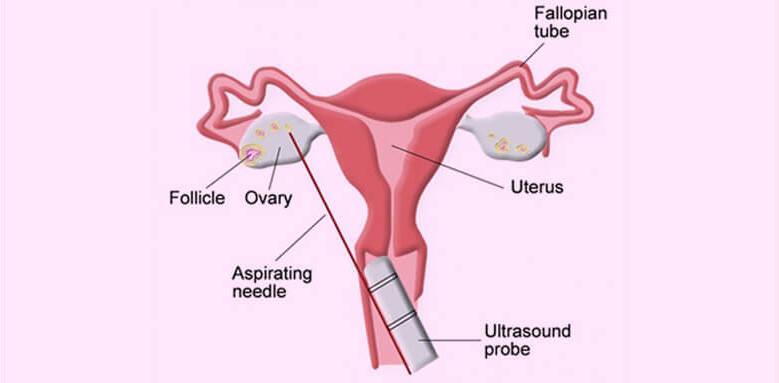Ovulation Induction
Ovulation induction is the process of using medications to stimulate ovulation in women who have irregular or absent ovulation. According to the National Institutes of Health, 25 to 30 percent of women with infertility have problems with ovulation.
Normal ovulation occurs when the ovary releases a mature egg in preparation for that egg to be fertilized. Normal ovulation occurs roughly once every 28 days during a woman’s menstrual cycle. Intervals of 21 to 35 days are considered acceptable and reflective of normal ovulation. If fertilization does not occur, the mature egg and any supplementary tissues are broken down and cleared from the uterus naturally.

Ovulation induction is a common treatment for women with absent or infrequent ovulation. Women with ovulation-interrupting disorders such as PCOS can also benefit from ovulation induction.
Ovulation induction also works in conjunction with in vitro fertilization (IVF) by stimulating multiple mature eggs to release for collection and use in lab fertilization. This is typically called controlled ovarian hyperstimulation.
When determining whether or not to use ovulation induction, doctor usually look at:
- Disorders that can directly inhibit normal ovulation such as PCOS.
- A woman’s hormone levels, specifically the presence of FSH), AMH and LH.
- Disorders than can indirectly affect ovulation, such as thyroid disorders, eating disorders and obesity.
- The amount of exercise a woman does.
